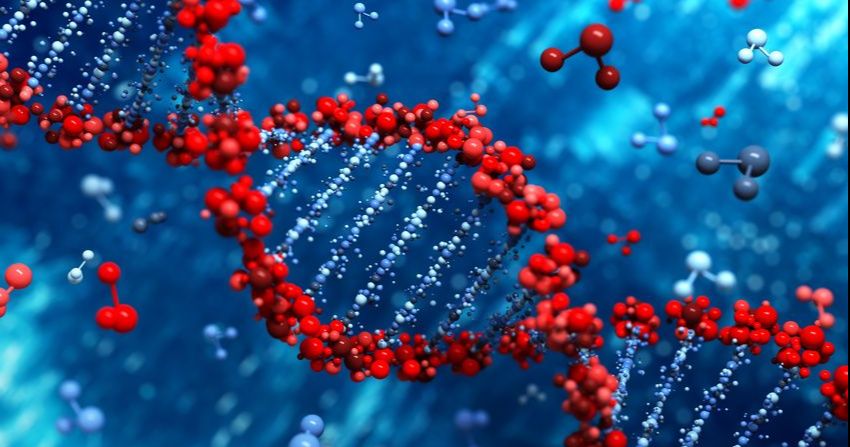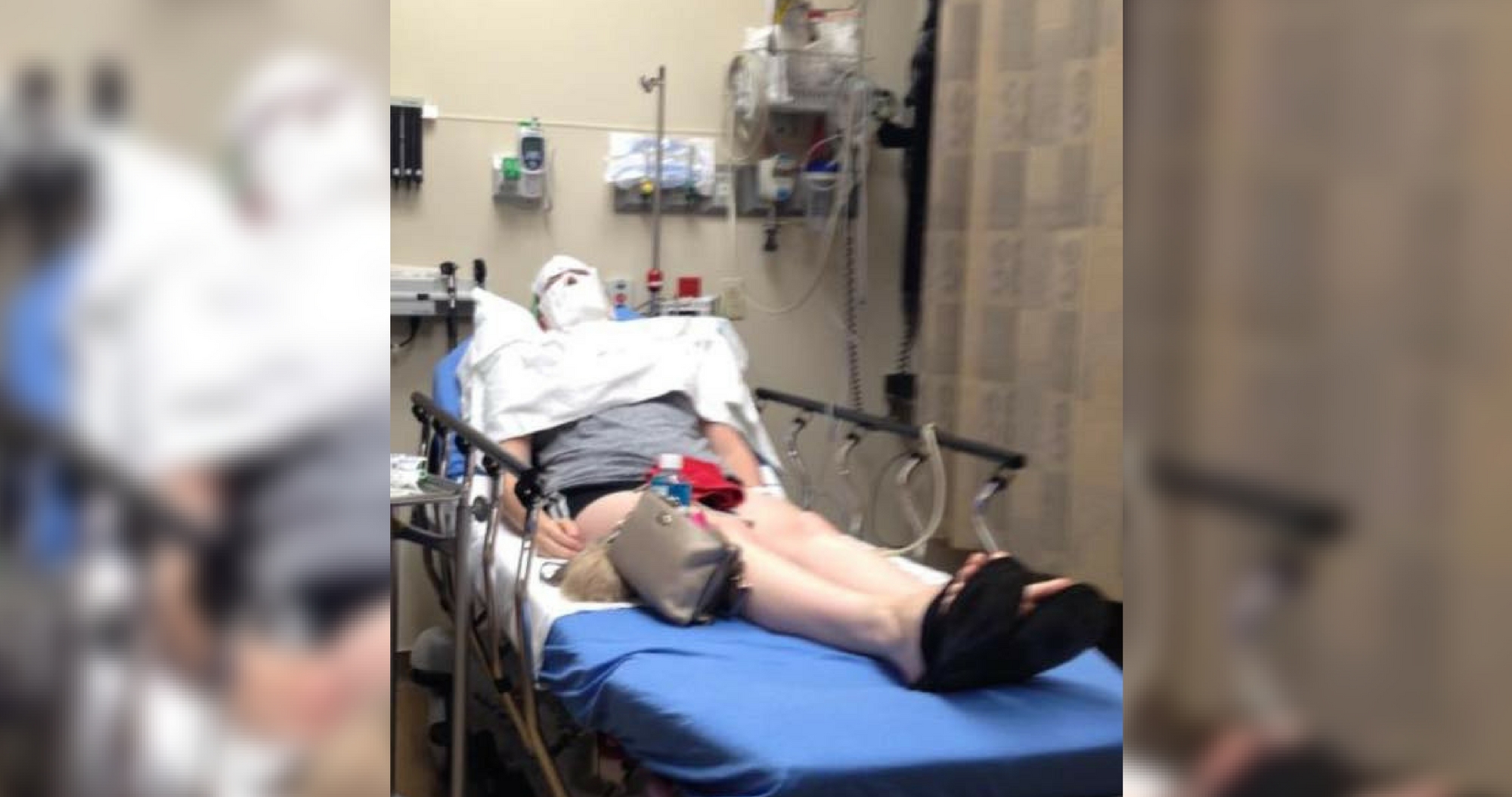Sustaining a physical injury is never a good time. We don't like feeling pain, so we avoid injuries because they're nasty, uncomfortable things that make us late for dinner. Still, pain serves an important purpose that we rarely think about. Pain is a conversation our brains have with our bodies to let us know when to slow down, see a doctor, or something along those lines.
But, injuries happen. About 22% of slip and fall accidents result in people missing 31 days of work every year. Injuries like this are pretty easy to notice because pain lets us know hey, you fell and really hurt yourself. But, what if you didn't feel pain?
Jo Cameron is a 71-year-old woman from Scotland who was recently referred to a geneticist after an incredibly painful recovery process. When she visited geneticists at Oxford University and University College London, they discovered a mutation in a formerly undiscovered gene. This gene plays an important role in pain recognition, mood, and memory. That's when some things started to make sense.
Over 209,000 girls play high school soccer in the United States and that's a popular place injury abounds for young people. Like, when Cameron was a child, she broke her arm and didn't tell anyone until the break began to heal at a funky angle. Or the number of times she's burned herself at home and the only thing that made her notice was the smell of burning skin. These are just a few examples of the side effects she's experienced from the genetic mutation.
"I was quite amused when I found out. And then they told me about these other things, the happiness and the forgetfulness. I'm always forgetting things; I always have done. It's good in lots of ways but not in others. I don't get the alarm system everyone else gets," Cameron said.

Along with not feeling pain, she neither feels anxiety and depression. One particular example is when she was in a car accident. Her car flipped on its roof, she calmly climbed out of the wreck, and went to comfort the other driver who had caused the accident. She didn't notice her injuries for several days. Nearly all adults (99.7%) believe having a healthy smile is socially important and Cameron's genetic mutation is literally causing her smiles, testing zero for depression and anxiety both.
Her mother and daughter both experience pain regularly, but her son carries the same pain-free genetic mutation. She and he have to be more careful than others because they often don't notice when they've been hurt, which can obviously be problematic. Apart from this, Cameron can be pretty forgetful, another double-edged sword side-effect of her mutation.
"I knew that I was happy-go-lucky, but it didn't dawn on me that I was different. I thought it was just me. I didn't know anything strange was going on until I was 65," she said.
The doctors who figured this out think the discovery may set the stage to make medical discoveries that could change treatment for pain, anxiety, and stress. She's only one of two people known in the world to have this genetic mutation. She was initially surprised at the attention she received for this but is now excited to help and contribute in any way she can to medical progress. All while smiling.

